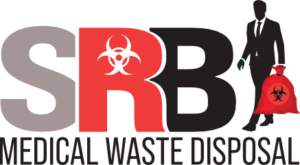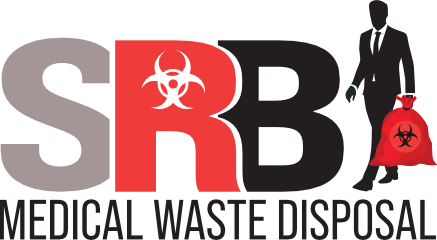Types of Medical Waste and How to Properly Dispose of Them in Texas
Medical Waste Disposal In Texas
Properly managing medical waste is critical to protecting public health and the environment, and each type of waste has specific disposal requirements. In Texas, understanding how to categorize and handle medical waste can help healthcare facilities remain compliant and safeguard their communities. This post breaks down the primary types of medical waste and the best practices for safe disposal.
Sharps Waste
Description: Sharps include items like needles, syringes, scalpels, and lancets that can puncture or cut skin.
Disposal Requirements: Sharps must be placed in approved puncture-resistant, leak-proof containers labeled with the biohazard symbol.
Treatment Options: Sharps waste typically requires autoclaving or incineration to prevent contamination risks.
Infectious Waste
Description: Includes any waste contaminated with blood, bodily fluids, or other potentially infectious materials.
Disposal Requirements: Infectious waste should be stored in leak-proof, sealed containers marked as biohazardous.
Treatment Options: This type of waste is usually treated with autoclaving or chemical disinfection to neutralize pathogens before disposal
Pathological Waste
Description: Pathological waste includes human tissues, organs, and body parts removed during surgery or autopsies.
Disposal Requirements: Pathological waste must be immediately stored in biohazard containers and kept in a controlled environment to prevent odors and contamination.
Treatment Options: Incineration is often required for pathological waste due to its biological nature.
Pharmaceutical Waste
Description: Pharmaceutical waste includes expired or unused medications.
Disposal Requirements: Controlled substances and certain hazardous drugs must be separated from other waste types and disposed of through certified pharmaceutical waste programs.
Treatment Options: Typically involves incineration or chemical treatment to prevent leaching into the environment.
Hazardous Chemical Waste
Description: Includes chemicals used in medical labs or treatments, such as solvents and reagents.
Disposal Requirements: Must be stored in secure, labeled containers and handled by licensed hazardous waste disposal companies.
Treatment Options: Chemical waste is often neutralized or disposed of through incineration.
How Texas Regulates Each Type of Medical
The TCEQ enforces medical waste regulations for each type of waste. Facilities are required to follow specific guidelines for handling, treatment, and disposal to avoid cross-contamination and environmental hazards【TCEQ Medical Waste Program
Conclusion
Managing medical waste in Texas requires understanding the types of waste and adhering to disposal standards. By following best practices for categorization, containment, and treatment, healthcare providers can ensure safety, regulatory compliance, and community well-being.
Let's Talk!

